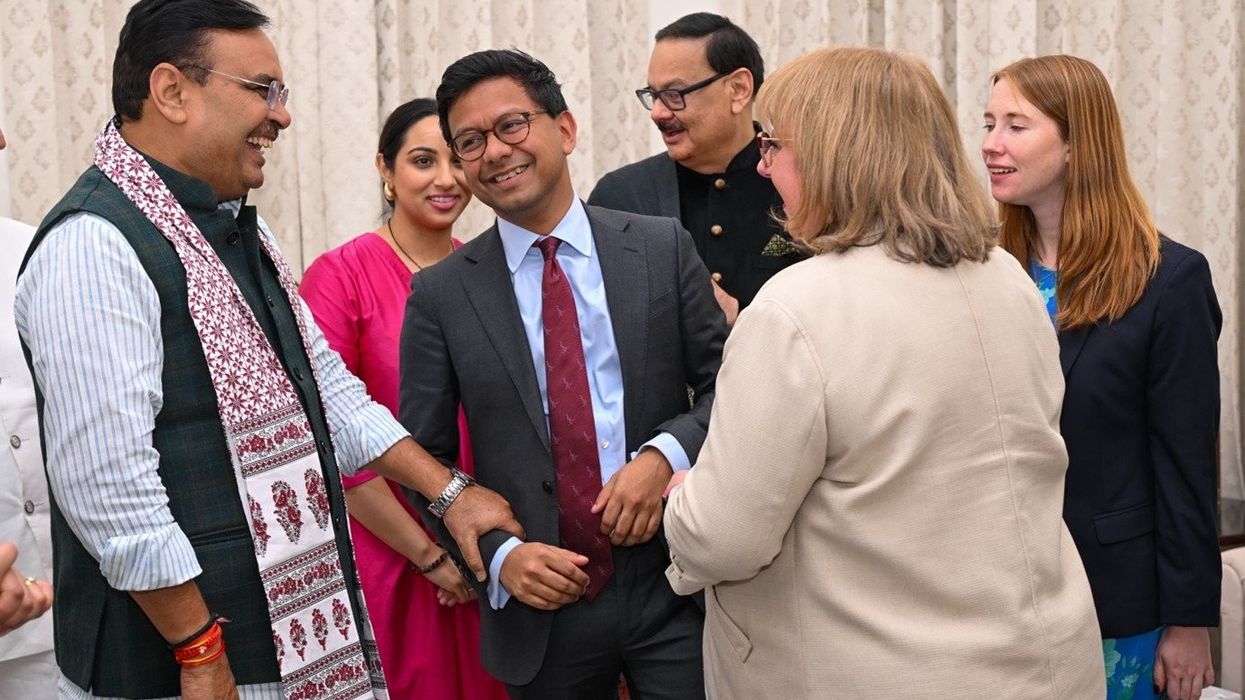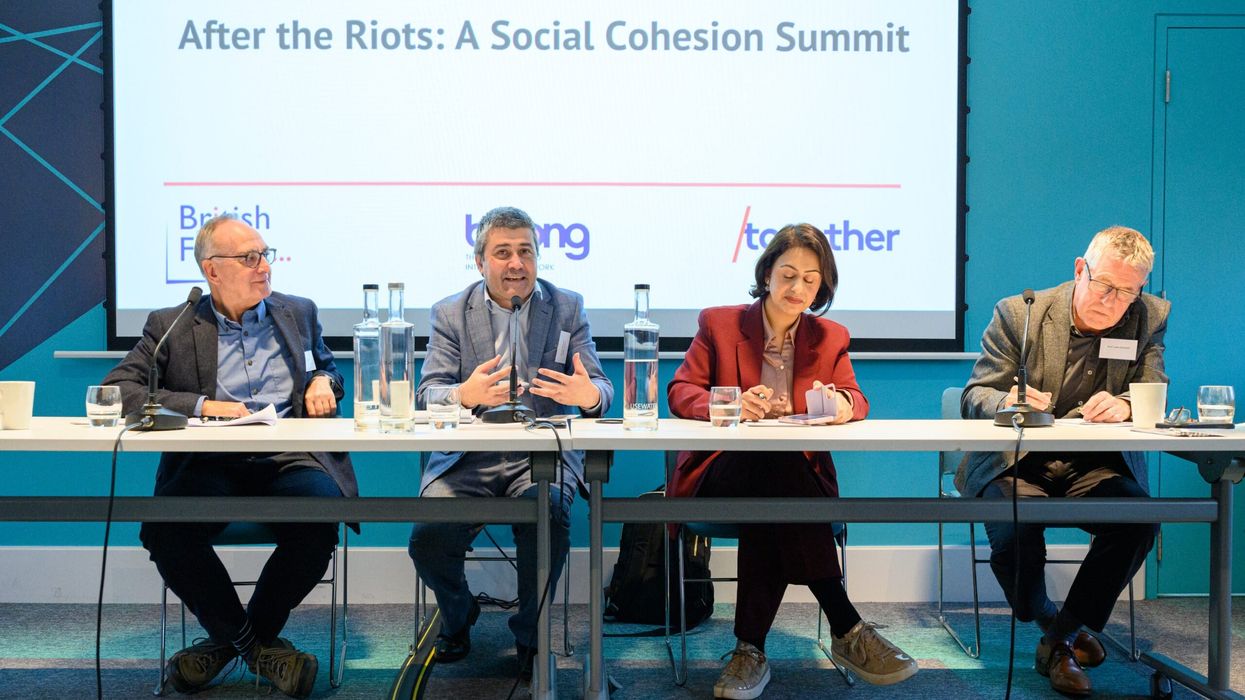By Sunder Katwala
“We had Allah with us as well,” England captain Eoin Morgan told reporters on Sunday, when asked whether the ‘luck of the Irish’ had played a part in England’s sensational cricket World Cup victory. He went on to pay tribute to the team’s “diverse backgrounds and cultures” which, he said, had helped them handle the pressure as the final drew to a thrilling close.
In the final “Super-Over’ tie-break, Irish-born Morgan drew on batsmen Josh Buttler, a young man from Somerset, with Ben Stokes, born in, New Zealand, but who grew up in West Cumbria when he came to England as a child. And it was Jofra Archer - a 24-year old Englishman born in Barbados, whose England debut had come only two months earlier – who took on the task of bowling what was perhaps the most important six balls in English cricket for a generation.
Morgan’s England team represented the England that we have become today. And it was not just the team, but the fans too. As England won the World Cup in the most dramatic fashion imaginable, cameras cut to the stands at Lords and the big screens in Trafalgar Square. It was noticeable just how diverse the crowds were, with British Asians – many wearing the team colours of India or Pakistan – roaring with delight and waving England flags. This was modern Britain at its jubilant, 2012-Olympics best, with something more than a valiant semi-final exit to celebrate.
Our sporting teams have done more than anything else to broaden the idea of who “we” are – so that our idea of Englishness today reflects the society that we have become. Yet diversity in the national cricket team stretches back many years. The great “Ranji” – Ranjitsinji of India – scored 154 not out for England on his Test debut in the Ashes in 1896, after a popular press clamour for his inclusion, four decades before there was an Indian Test team.
Modern debate about cricket and identity has been dominated by Norman Tebbit’s famous “cricket test”. Yet cricket fans have always felt that it isn’t quite cricket. British Future’s research shows that the public reject it – by a margin of four to one – as a fair test of identity or integration. Most British Asians in this country support England at football, while mostly supporting India, Pakistan, Sri Lanka and Bangladesh at cricket. That may start to shift as young Asian cricket fans, born in this country, see people like them – Adil Rashid from Bradford or Birmingham-born Moeen Ali – playing (and winning) for England.
While the vast majority now agree that it’s an individual choice who we cheer for at the ground, it seemed clear on Sunday that many British Asians could comfortably – and passionately - get behind the England team once their ‘first’ team had been eliminated.
Nobody is obliged to cheer for England – but on Sunday it was hard not to. Extending the invitation to celebrate our team is something that we can all be proud of.




















Cricket comes home - for all of us